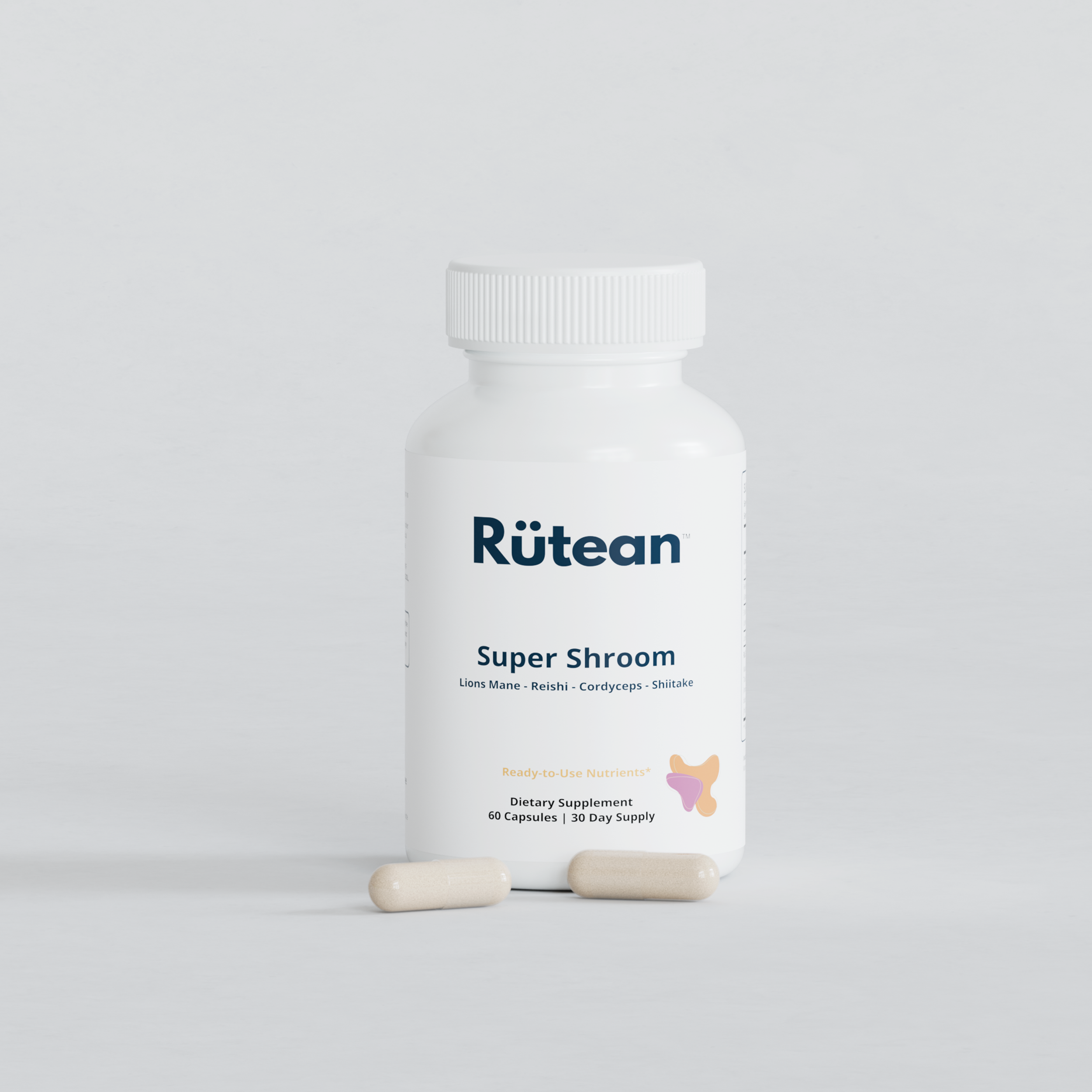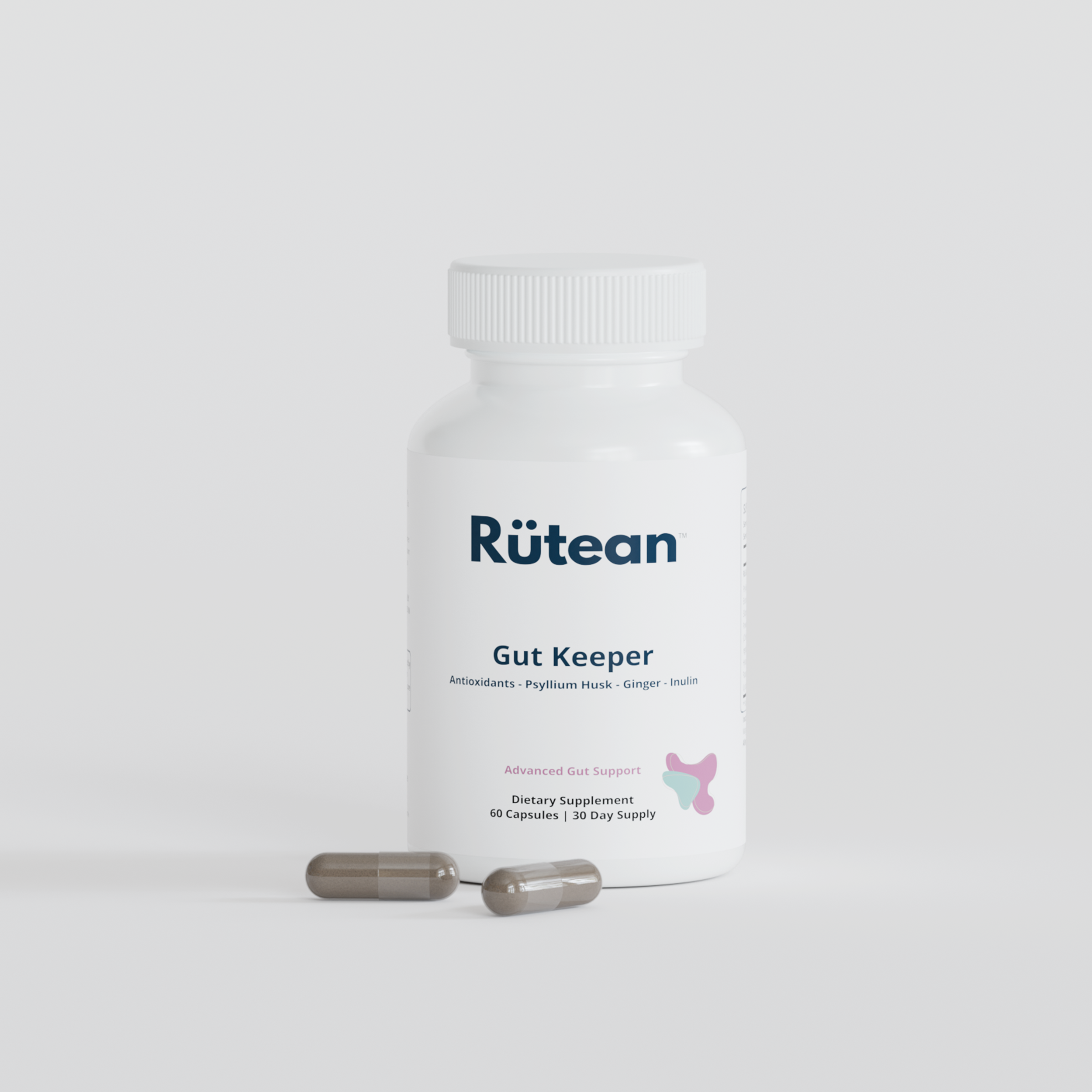Turmeric, known scientifically as Curcuma longa, is more than just a staple ingredient in curry dishes. It has been revered for thousands of years in traditional Indian and Chinese medicine for its vast array of health benefits. This vibrant yellow-orange spice is derived from the root of the turmeric plant, which belongs to the ginger family. In this article, we delve deep into the history, culinary uses, and the compelling health benefits of turmeric.
Historical and Cultural Significance
Turmeric has been cultivated in the South Asian region for nearly 4000 years. In historical texts, it is often referred to as "Indian saffron" because of its deep yellow-orange color and has been used not only as a spice but also as a component in religious ceremonies. Traditionally, turmeric was used in Ayurveda and other healing traditions to treat various conditions, including pain, fatigue, respiratory problems, and rheumatism.
Culinary Uses
In the kitchen, turmeric is a versatile spice that adds a warm, bitter flavor and a vibrant color to any dish. It is a key ingredient in curry powder and is used in mustards, butters, and cheeses. The spice is also used in teas and smoothies for a nutritional boost. Beyond its broad use in Indian cuisine, turmeric is increasingly being incorporated into Western dishes for its flavor and color-enhancing properties.
Health Benefits
The health benefits of turmeric are largely due to its bioactive compound, curcumin, which has potent anti-inflammatory and antioxidant properties. Here’s a closer look at the health benefits turmeric may offer:
-
Anti-inflammatory Effects: Chronic inflammation is thought to be a contributing factor in many common diseases. Curcumin can suppress many molecules known to play major roles in inflammation, but its bioavailability needs to be enhanced with other compounds such as piperine from black pepper.
-
Antioxidant Capacity: Curcumin is a powerful antioxidant that can neutralize free radicals due to its chemical structure. It also boosts the activity of the body's own antioxidant enzymes.
-
Brain Health: There is growing evidence that curcumin can cross the blood-brain barrier and has the potential to help delay or reverse brain diseases and age-related decreases in brain function.
-
Heart Health: Curcumin may improve the function of the endothelium, the lining of your blood vessels, which is essential for heart health. Several studies suggest that curcumin leads to improvements in endothelial function and reduces inflammation and oxidation which are contributors to heart disease.
-
Cancer Prevention: Research has been promising regarding curcumin’s potential to affect cancer growth, development, and spread at the molecular level. Studies have shown that it can reduce angiogenesis (growth of new blood vessels in tumors), metastasis (spread of cancer), as well as contribute to the death of cancerous cells.
-
Relief from Arthritic Pain: Due to its anti-inflammatory properties, curcumin is highly effective in treating pain associated with arthritis. In some studies, it has been shown to be more effective than anti-inflammatory drugs.



